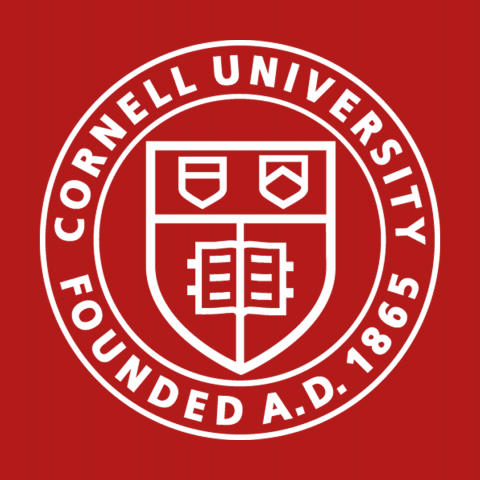One Health
Lord Martin Rees, who has probed deep into the cosmos, studied gamma-ray bursts and galactic formations, spoke May 8 at Cornell’s David L Call Alumni Auditorium on issues closer to home: the preservation of our “pale blue dot” “Extinction rates are...
In her lab in the basement of Uris Hall, Lindsay Rait ’17 experiments with rats as she studies the role of the brain’s hippocampus in contextual memory One day a week, she welcomes Lehman Alternative Community School junior Mohammed Williams into the lab,...
Cornell scientists and engineers, working with international teams, are seeing wind in high resolution They are creating the world’s largest, most-detailed wind maps ever in the picturesque hills of Perdigão, Portugal This research aims to find how wind and...
Dig into digital agriculture, comprehend plant breeding and biotechnology, and find out how the microbiome may solve food production problems at an agricultural technology and partnership forum June 7, hosted by the Center for Technology Licensing at Cornell...
In the Auburn Correctional Facility’s gray stone chapel, 50 incarcerated students and prison staff waited alongside dozens of Cornell faculty and staff April 26 They were eager to hear the results of who won a debate between three men serving time at Auburn and...
By the time Andrew Pochedly came to Cornell last fall to pursue a Master of Professional Studies degree in horticulture, he already had a great deal of professional experience under his belt As a Peace Corps volunteer, he helped to develop sustainable agriculture...
In an increasingly interconnected world, sustainability challenges require collaborative, holistic approaches, Cornell University experts said at a conference in Hong Kong April 6-7 The university, they said, is prepared to play a central role in that...
For breeders of cassava, a staple food for hundreds of millions in the tropics, producing improved varieties has been getting harder over time A team at Cornell used genomic analysis of cassava varieties and wild relatives to make a diagnosis: Mutations have...
A new partnership between the Cornell Institute for Translational Research on Aging and The Nature Conservancy is responding to two critical trends in society today – mounting concern about environmental sustainability and an aging population.
College of Human Ecology faculty and student efforts to develop sustainable approaches to textile and fashion design has led to the development of the Cornell Natural Dye Garden after a successful crowdfunding campaign that ended in fall 2016 The project raised...
Eighteen graduate and professional students traveled from the Ithaca campus and Weill Cornell Medicine in New York City to Capitol Hill for Cornell Advocacy Day April 5 Students met with members of Congress and their staffs to discuss science policy, graduate...
A collection of Arts Quad trees now sport price tags, but they’re not for sale The tags highlight the dollar value of the ecosystem services the trees provide, including energy savings, intercepting storm water runoff, air quality improvements and greenhouse...

